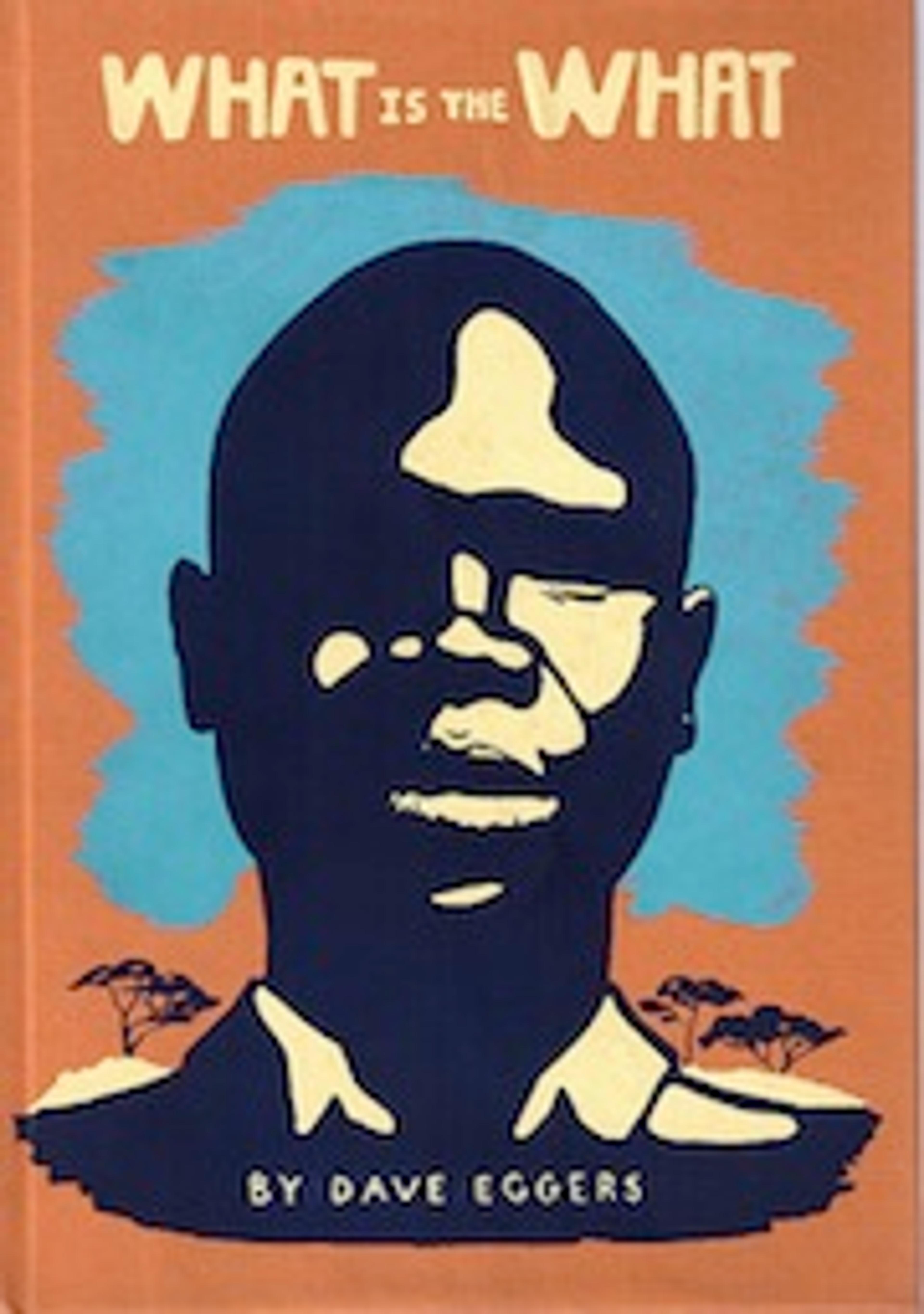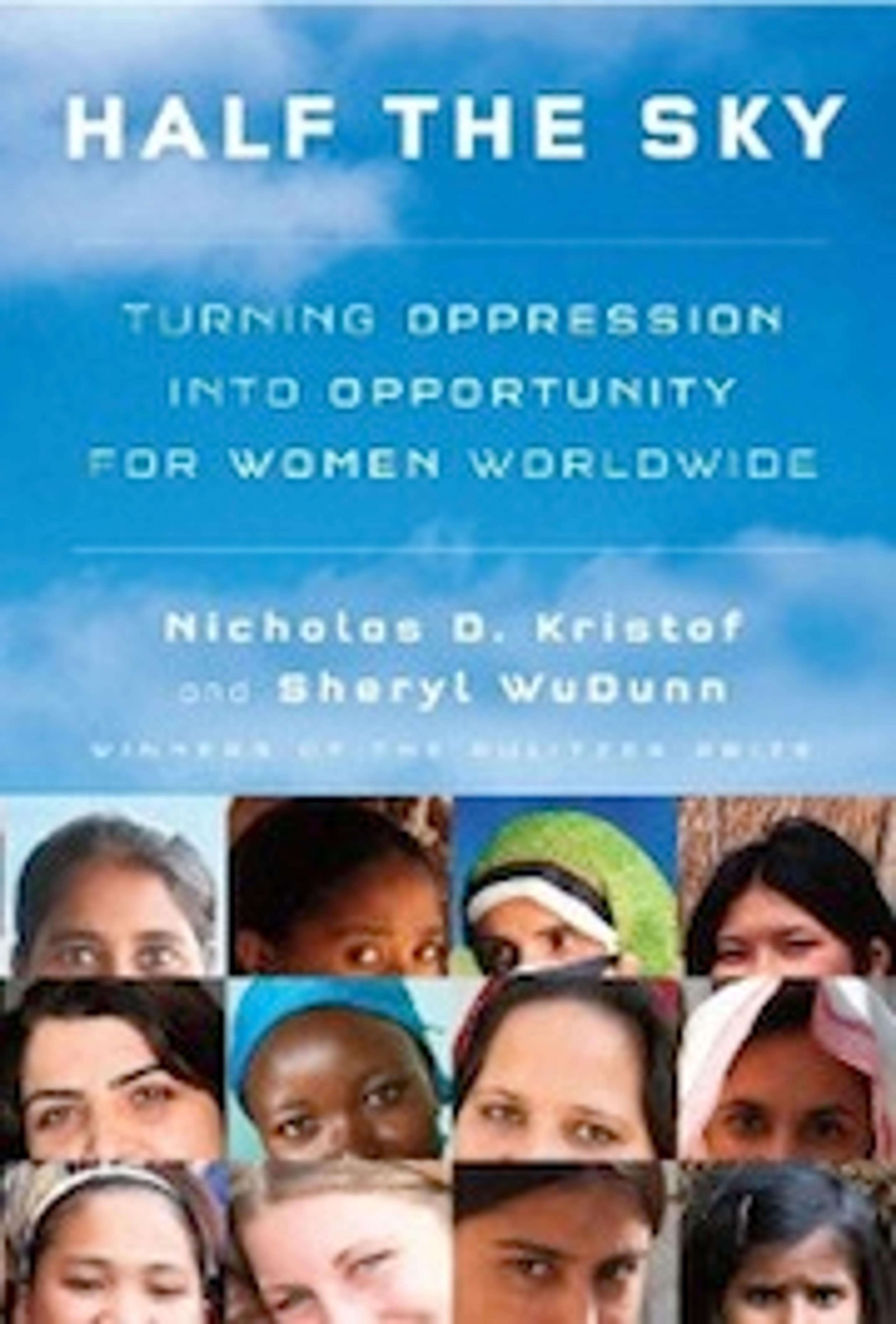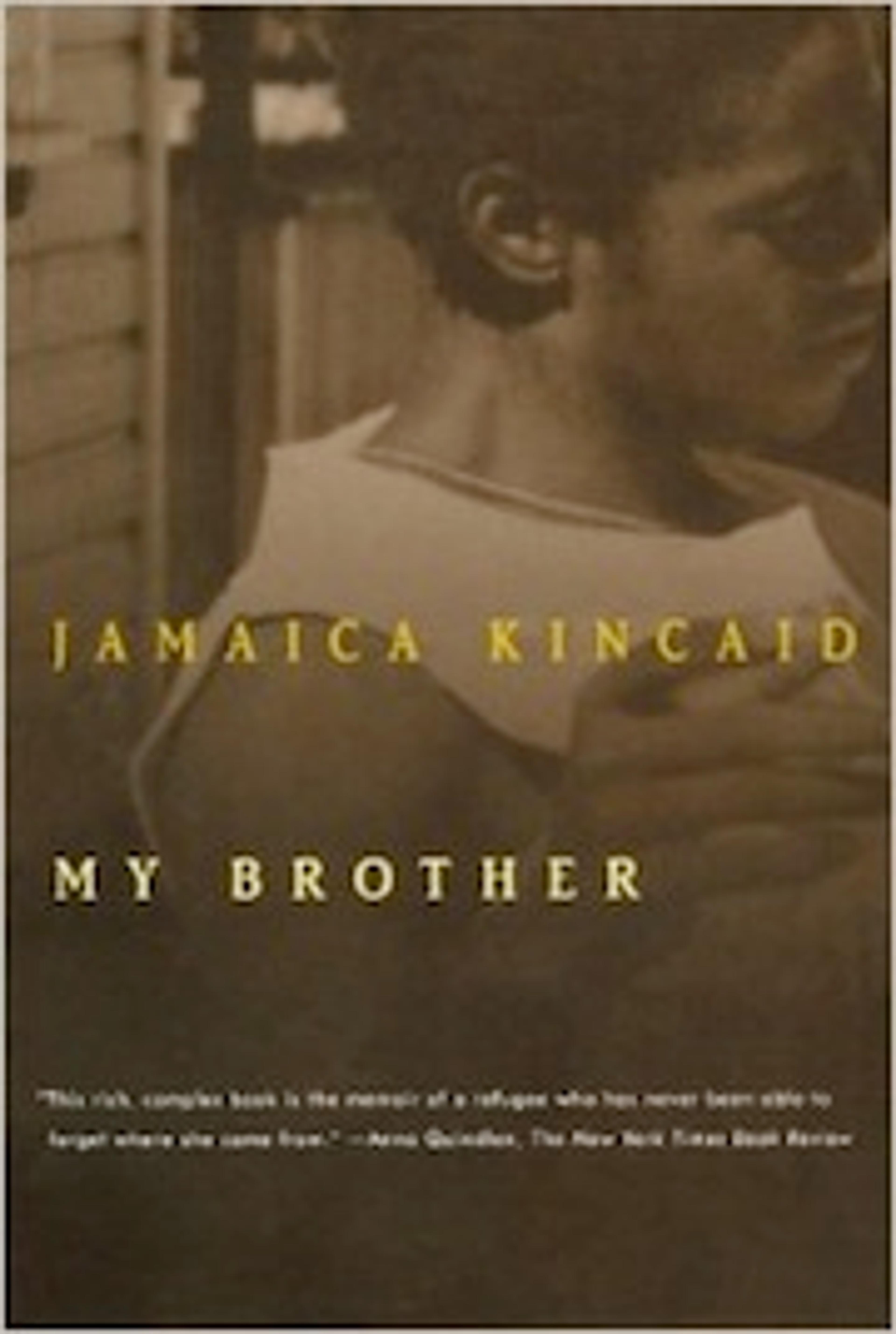GOOD READS: 6 Books, Poems, and Essays Inspiring Thoughtful Giving
This holiday season, I would like to recommend 6 reads that inspire thoughtful giving to warm up with on a cold, wintry day. While the needs of others may seem distant from our comfortable curl by the fire, there is no season like the present for hospitality, and we can begin by welcoming the wisdom and words of others into our homes – inviting not only the potential for transforming other lives, but also opening our own to the possibility of being transformed.
Extreme poverty contributes to a host of problems around the world, including limited access to clean drinking water, poor education and literacy rates, and death by preventable diseases. [1] But while these problems may seem overwhelming, evidence suggests that your thoughtful giving – the careful selection of social interventions and programs you support – can actually have a real impact improving the lives of others in the fields of education and health. [2] From a domestic short story about giving between lovers to a novel based on the true story of a Sudanese refugee, these reads challenge us to expand our charity and comfort zones.
Naomi Shihab Nye’s ‘Kindness’: A Poem [3]
First up, we have Naomi Shihab Nye’s poem, ‘Kindness’, which invites us to begin the journey of caring for others through opening ourselves up to the possibility of loss: ‘Before you know what kindness really is / you must lose things . . . ’
Certainly, there is a sense in which the very ability to give is a profound privilege – it may be ‘better to give than to receive’ – but the reality remains that behind every gift is a loss, and such a loss can be difficult to appreciate as privilege without its lived experience. Nye’s words highlight the wisdom that our own giving is enriched by a personal knowledge of the world in all its beauty and poverty, to walk in the footsteps of strangers and discover ‘how desolate the landscape can be / between the regions of kindness.’
O’Henry’s ‘The Gift of the Magi’: A Short Story [4]
‘Charity begins at home’, goes the clichéd proverb, and so we come next to a short story about domestic love in O’Henry’s short story ‘The Gift of the Magi’. A Christmas classic, the narrative begins with Della’s dilemma of what to buy her beloved husband for Christmas with a meagre $1.87. The story is a sweet if somewhat sentimental read, following the couple’s attempt to sacrifice their own prized possessions to buy a gift for their beloved.
In a contemporary culture grown cynical about the consumerism of the winter holiday season, this little story casts consequence to the wind, focusing instead on the charitable orientation of the heart that gives – ‘charity at home’ in both the metaphorical and literal sense.
Dave Eggers’s What is the What: Based on a True Story [5]

What is the What is a novel born out of an encounter between author Dave Eggers and Sudanese refugee Valentino Achak Deng, one of the 4,000 ‘Lost Boys’ who resettled in the United States after fleeing the violent devastation of their homes in southern Sudan. Eggers fictionalises Achak’s perspective, following Achak’s flight across South Sudan and his struggle for survival in a hostile landscape of wild animals, violent militia attacks, and aerial bombardments. A story of childhood tumultuously displaced civil war, it bears witness to the consequences of a horrific conflict later labelled genocide in 2002. [6]
The book demands the reader’s attention – ‘Do you have any idea? . . . Can you imagine?’ – even as it artfully commands it through masterful prose. The book is also a gift that gives: all of its proceeds go to the Valentino Achak Deng Foundation, which provides educational opportunities for those affected by the conflicts in Sudan. [7]
Nicholas Kristof and Sheryl WuDunn’s Half the Sky: Nonfiction/Journalism [8]

Expanding to the global, Nicholas Kristof and Sheryl WuDunn’s Half the Sky travels across ten different countries – Cambodia, Kenya, India, Sierra Leone, Somaliland, Vietnam, Afghanistan, Pakistan, Liberia and the United States – to tell the stories of extraordinary women and girls resisting oppression. This Pulitzer prize-winning team presents a simultaneously inspiring and heartrending case for considering gender inequality as the central moral challenge of the twenty-first century.
Investigating worldwide problems of sex trafficking, gender-based violence, and maternal mortality, Half the Sky provides compelling evidence for the urgency of the situation – interweaving statistics and stories to give a face to gender inequality. Highlighting the ways in which we can help even from a distance, it follows the work of several NGOs, charities, and other groups working to solve these problems.
Jamaica Kincaid’s My Brother: An AIDS Memoir [9]

The question of distant suffering is personalised by Jamaica Kincaid’s AIDS memoir, My Brother. Her writing grapples with the trauma of her youngest brother’s death from the disease, revisiting memories of their childhood and her attempts to care for him. Concerned with the question of how to relate to the suffering of a man who is simultaneously family and stranger – she left home as a teenager, while he was just three years old – her writing negotiates feelings of pity, superiority, and confusion in caring for her brother.
‘I shall never forget him because his life is the one I did not have, the life that, for reasons I hope shall never be too clear to me, I avoided or escaped’, Jamaica Kincaid writes, reflecting that his fate could easily have been hers had she not left her impoverished family and Antigua to become a famous writher in the States through a combination of luck and talent.
The text draws attention to how the suffering of those in ‘developing countries’ is not so distant – how the major differences between ‘us’ and ‘them’ may often be matters beyond our own achievement, gifts that we have not earned, but that can nonetheless become opportunities to give back.
David Foster Wallace’s ‘This Is Water’: An Essay [10]
Moving from heart to mind, David Foster Wallace’s essay adaptation of a commencement speech, ‘This Is Water’, encourages readers to cultivate generous modes of thinking. He calls our attention to the ways in which our default perception of the world is through a lens of egocentrism – the default and deep belief that we are the centres of our universe, a reality that we inhabit as unconsciously as fish inhabit water.
Examining a stressful, everyday experience – heavy traffic and long grocery lines – DFW proposes that we have the choice to read these situations through egocentric or altruistic mindsets. We have a choice to read such a situation with ‘the certainty that situations like this are really all about me, about my hungriness and my fatigue and my desire to just get home . . . like everybody else is just in my way’ or with the generous consideration that ‘the Hummer that just cut me off is maybe being driven by a father whose little child is hurt or sick . . . in a much bigger, more legitimate hurry than I am – it is actually I who am in his way.’
Though cultivating such generosity is by no means easy, the result may be a gift to ourselves as well as others. When we choose to think charitably, such tedious situations become transformed: we experience ‘a crowded, loud, slow, consumer-hell-type situation as not only meaningful but sacred, on fire with the same force that lit the stars – compassion, love, the sub-surface unity of all things.’
The Thoughtful Giver: One Who Reads
The fact remains that sympathy for literary characters does not necessarily translate to concern for real people, even as the practice of reading engages the imaginative exercise of empathy. But as David Foster Wallace suggests, the content of what we choose to read shapes the way we think and perceive the world, just as the way we choose to give shapes our impact on it. For at the end of the day, the thoughtful giver is one who is not only able to ‘read’ the world and recognise its problems, but who is also able to ‘read’ herself into its narrative – and recognise the subtle ways in which she may potentially contribute to it.
References
- The World Bank’s 2014 report on World Development Indicators
- Evidence Action Beta
- 'Kindness' poem
- The Gift of the Magi
- The Guardian: a lost boy who found his voice
- Sudan Peace Act
- The Valentino Achak Deng Foundation
- Half the Sky Movement
- NY Times: review of 'My Brother'
- The Guardian: David Foster Wallace's commencement speech